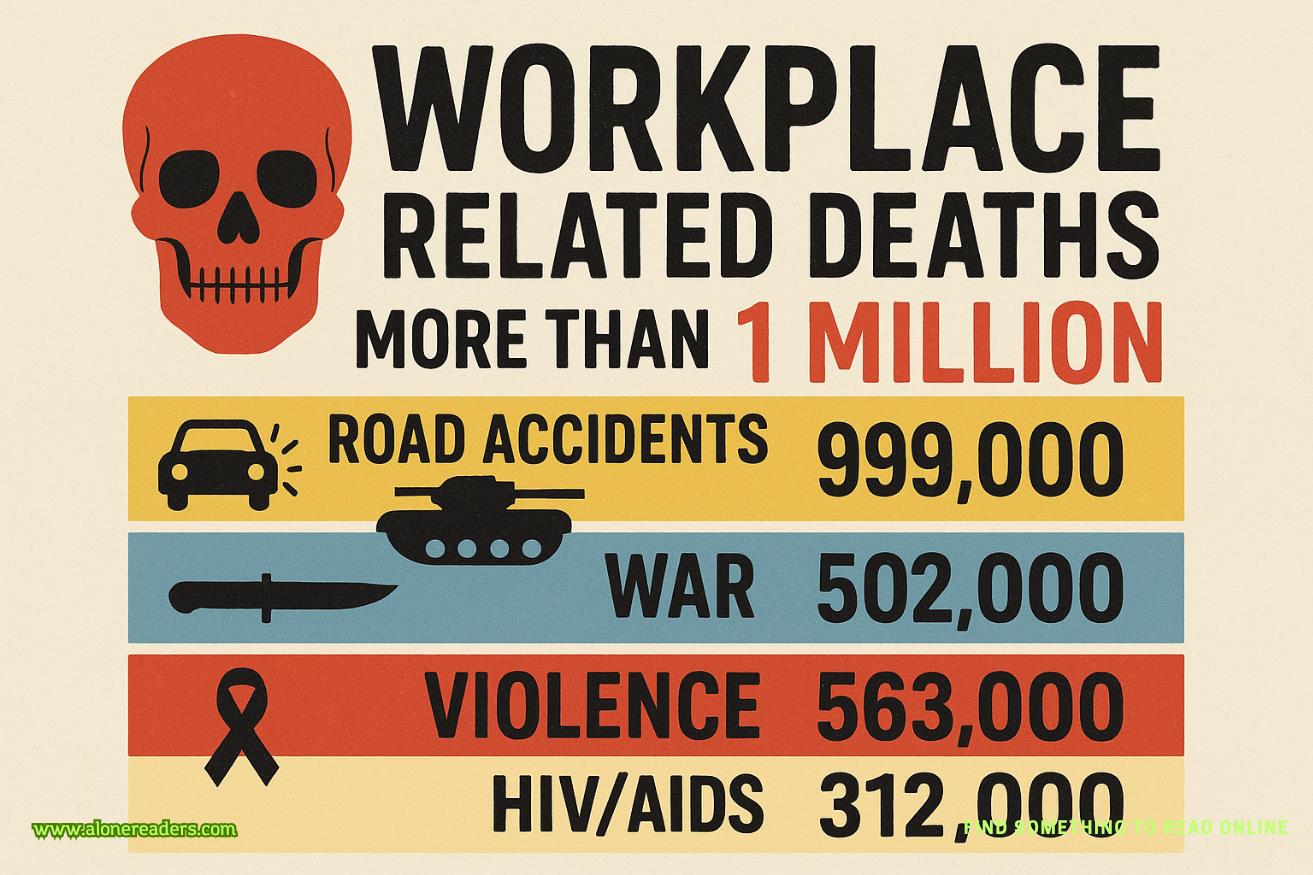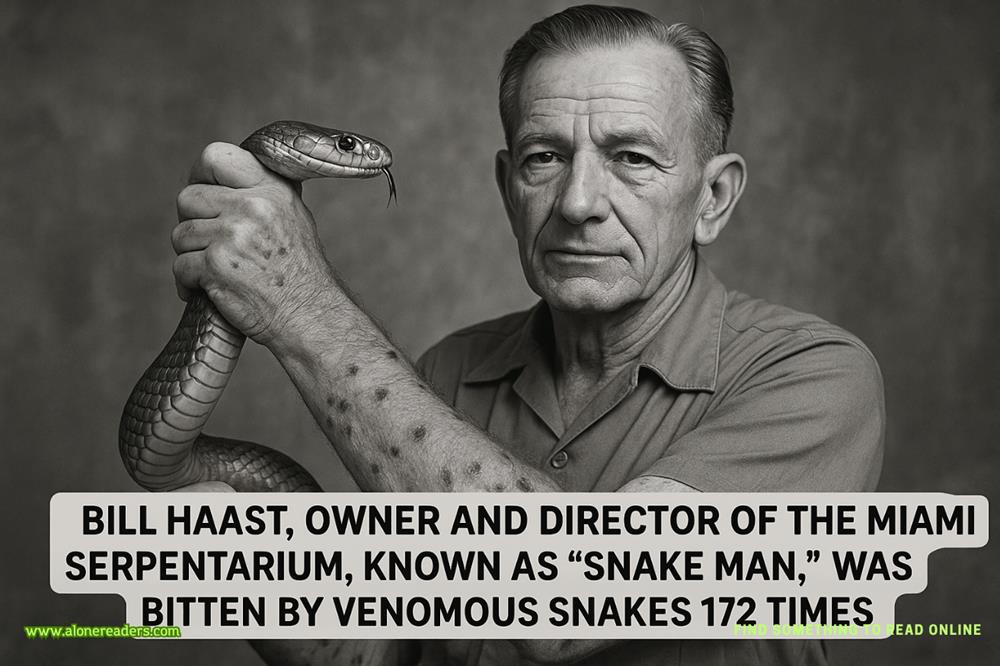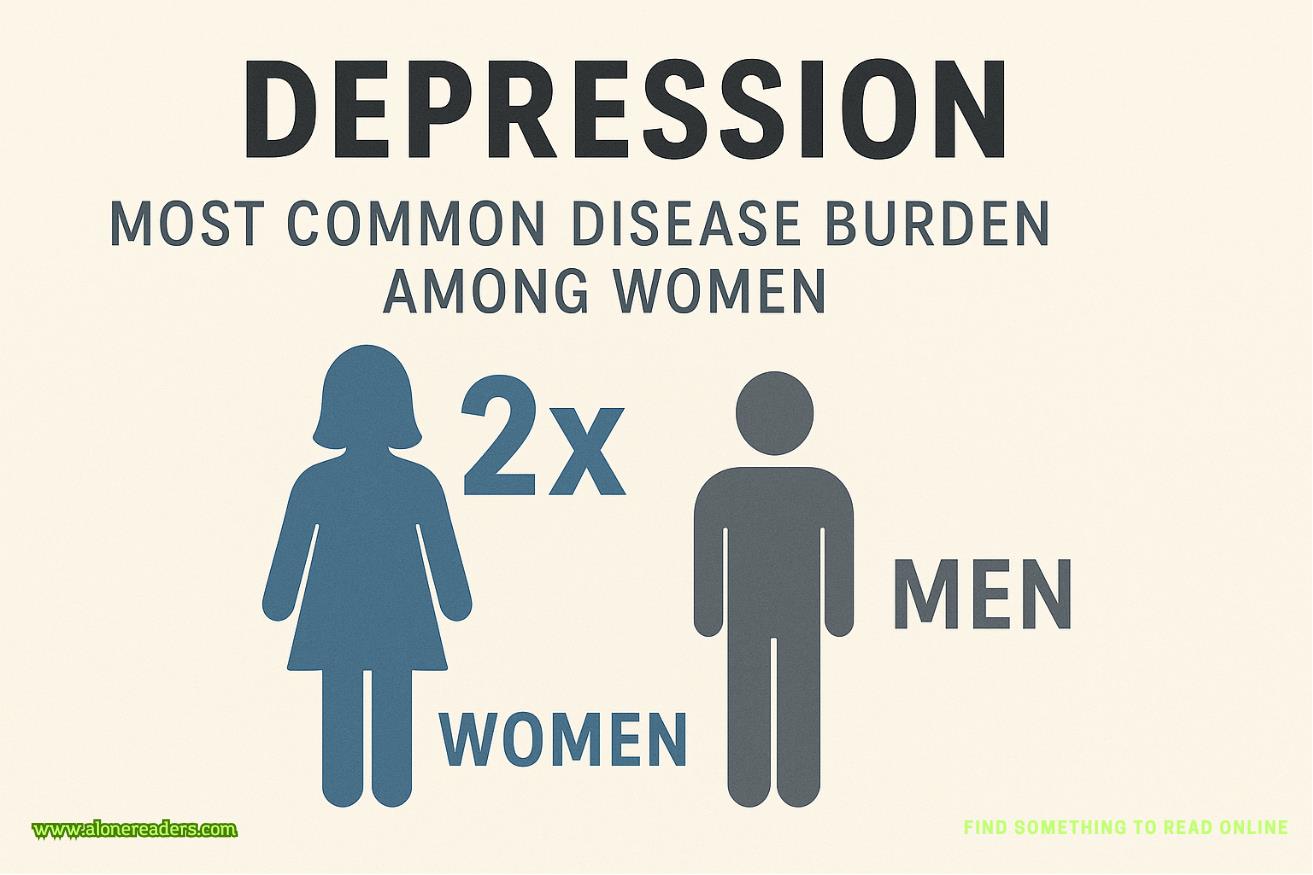Page 49 of A Slipper in the Smoke
“I… I think so.” She breathed against him.
“Tell me what happened,” he said. “If you can.”
Little by little, Elena recounted the events of the day, her voice impossibly quiet. Pip’s heart shuddered as she led up to the shooting, and died a little as she explained what had happened afterwards, how she’d crawled away into her workshop and waited for it all to be over. He wasn’t used to this; he wasn’t used to hating the world and he wasn’t used to feeling someone else’s pain as keenly as his own.
“And you’ve just been sitting here, all day, all alone?” he asked when she was finished.
“Not for all of it,” she clarified. “I had a friend with me at first, but she had to leave.”
Pip was grateful that she’d had someone, but he was equally annoyed that this friend had deserted her… and also privately relieved said friend was ashe.He was fairly sure Elena preferred men.
“Why did they kill her?” he asked. “This woman? Grandma?”
Elena’s lip trembled. “They said it was because she toldstories.”
Pip frowned, not understanding. How could anyone be executed forthat?
“Religious ones,” Elena clarified.
It still took Pip a moment to understand, before his mouth widened in a silent, ‘oh.’ Public worship was illegal in Petragrad. Illegal in most of the Mechanical Kingdoms, actually, although he’d never heard of anyone being prosecuted for it in Toulouse or—
Navarra, where it was widely accepted, even encouraged. They still had functioning temples were people gathered, songs, books, symbols—
“That’s how you knew her, isn’t it?” he started carefully. “Her stories. You listened to them.”
“Inhaled them,” Elena went on. “They were an echo of home. How could I not?” Her eyes trembled. “You won’t report me, will you?”
“You haven’t done anything wrong,” he said. “And even if you had? No. No, I wouldn’t.”
Elena smiled, weak and watery. “Thank you.”
Pip hated that she even had to ask, but of course she did, because she’d seen the consequences first hand and, despite whatever he felt in his chest, that strange, wordless feeling, like he’d known her forever—logic reminded him that he hadn’t. He did not know her, and she did not know him.
Not yet, anyway.
“I don’t believe that anyone has the right to tell anyone what they should and shouldn’t believe,” he went on. “But I’m curious—why cling to your faith? After everything that has been done to you? After all you’ve lost?”
Elena looked up at him. “Because it was the one thing that couldn’t be taken from me.”
Pip nodded, wrapping his arms around her once more. “Come on,” he said. “Let’s get you home.”
Pipputhisarmaround Elena and allowed her to steer him back through the cobblestone streets toward her apartment just outside the outer ring. It was an ugly, coal-stained building where everything from the stone to door fittings seemed worn, frayed and rusty. Everything creaked or shuddered or peeled.
The elevator wasn’t working, although that didn’t seem to surprise Elena. “You can go, now,” she said. “You don’t need to walk me to my door.”
Pip glanced up the long, rickety stairs that folded around the elevator. “How high up are you?”
“Pretty high.”
“I’d like to take you to your door, if I may.”
“I’m strong.”
“You’ve not eaten all day. I’m not sure I could climb that high and I had a delightful afternoon tea.”
Elena bit her lip. It occurred to Pip that perhaps she might not want to give away her exact address. That hurt, a little, but he didn’t let it show. It was safer to be suspicious, after all. “If you really don’t want me to—”
“You can take me to my door,” she said. “Just… don’t come inside.”















